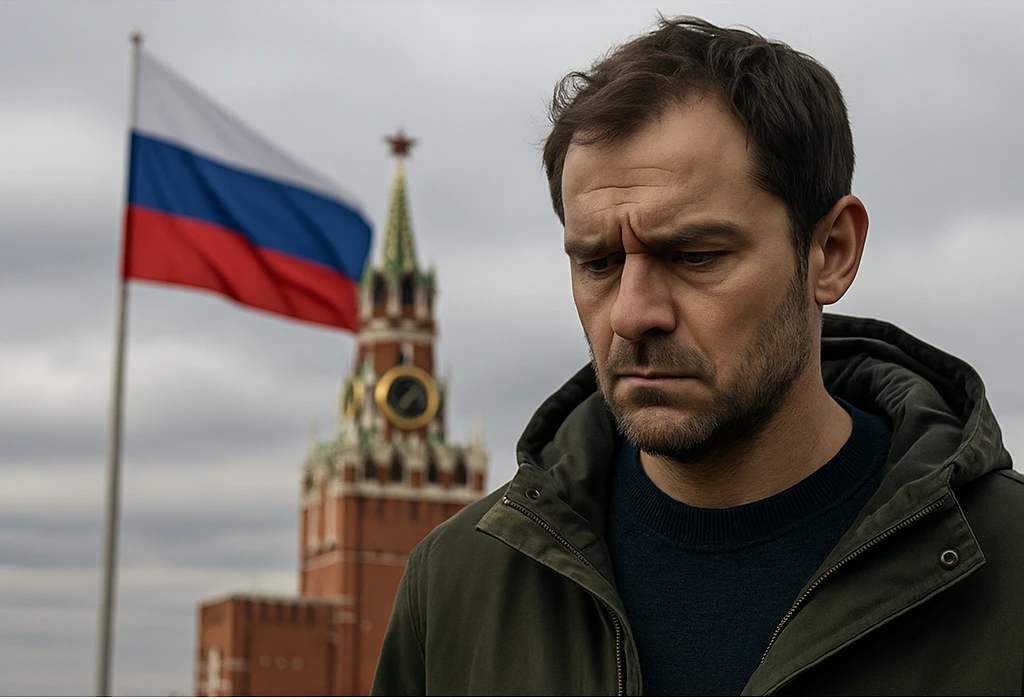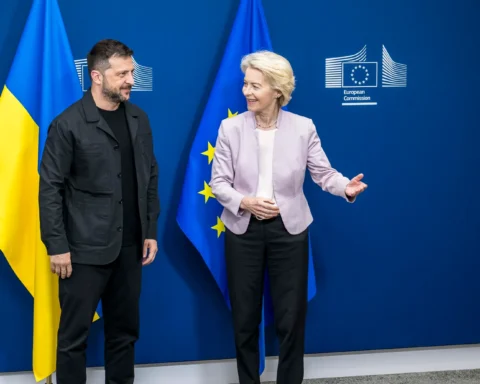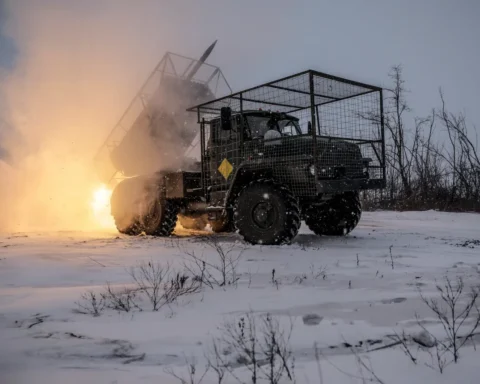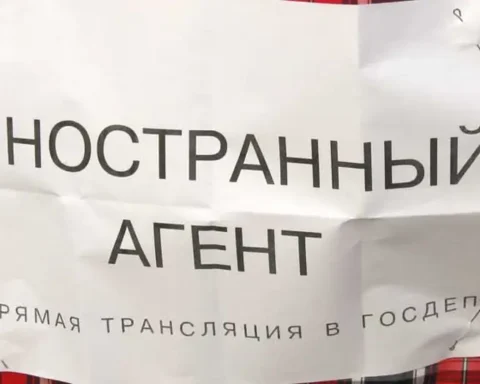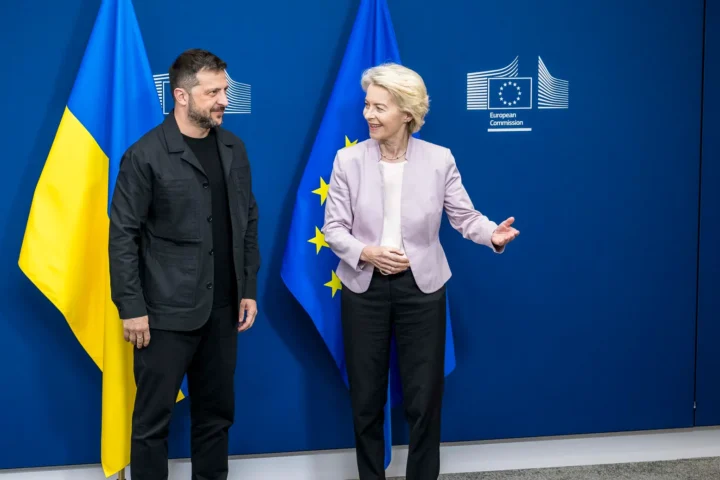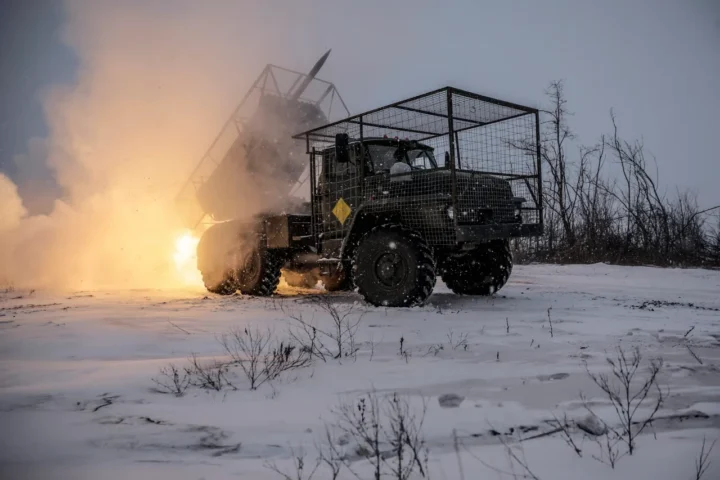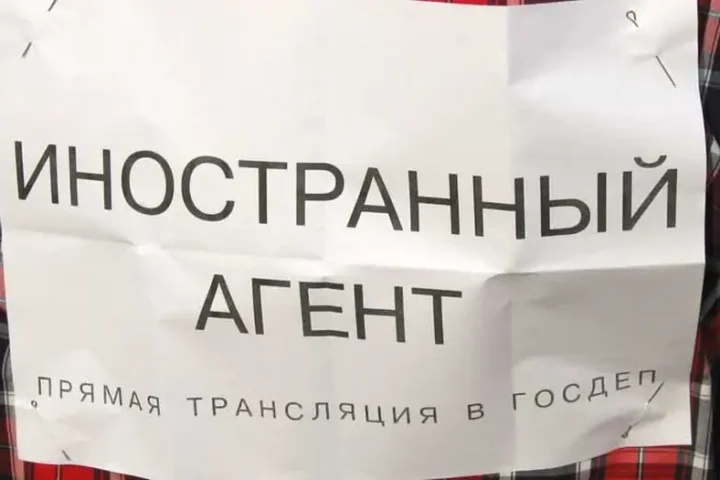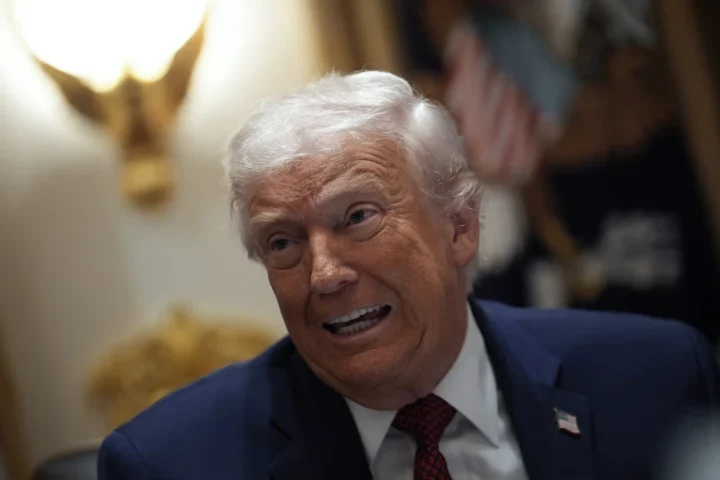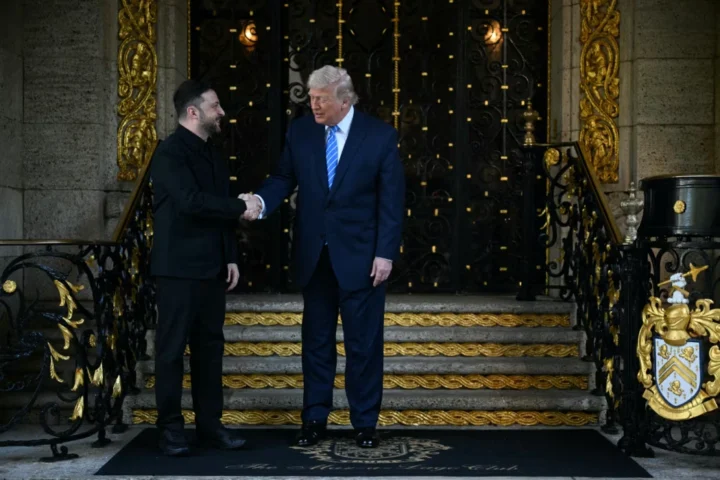Author: Andrei Kalitin, journalist and host of the TV program Sovershenno Sekretno (Top Secret).
Russians have sharply lost faith in the arrival of a brighter future. According to a poll conducted by the Public Opinion Foundation (FOM) in October 2025, only 27% of respondents believe that life in the country may improve in the near future — the lowest figure since February 2022. Analysts now describe this trend with a specific term: “the phase of deep disappointment.”
Sociologists, however, do not specify what exactly people mean when they say “life will get better.” The phrase, popular during Joseph Stalin’s time, used to include the optimistic addition: “life has become more joyful.” For each of us, the formula of a “bright future” probably carries its own meaning, but FOM avoids digging that deep — the answers might not pass the censor’s filter.
What’s striking, though, is that alongside the decline in optimism, the same FOM surveys record growing negativity toward President Donald Trump’s policies. In March 2025, 22% of respondents viewed the U.S. president unfavorably; by late October, that number had nearly doubled to 42%. If we place these two indicators side by side, a paradox emerges: Russians’ hopes for a better future appear directly tied to Trump — the man who promised peace and a “great deal.” Many in Russia had high expectations of him, and he failed to deliver. It’s surprising, perhaps, that people in Belgorod, Voronezh, and Bryansk haven’t yet taken to the streets.
Another sociological constant remains unshaken: 81% of respondents continue to view the work of the Russian president positively. This figure neither rises nor falls. Apparently, people no longer see a direct link between his leadership and their hopes for a brighter tomorrow.
Meanwhile, the nationwide project “Word of the Year — 2025” has published early results of its public vote. Leading the main category is the word “anxiety,” which received 25% of the votes. The reasons for this unease remain unspoken — and unasked. But one can infer them from the second most popular term: “backroom deal” (17%). Most revealing, however, is what came last in the ranking — a word that garnered only 3% of the vote. That word is Love.


